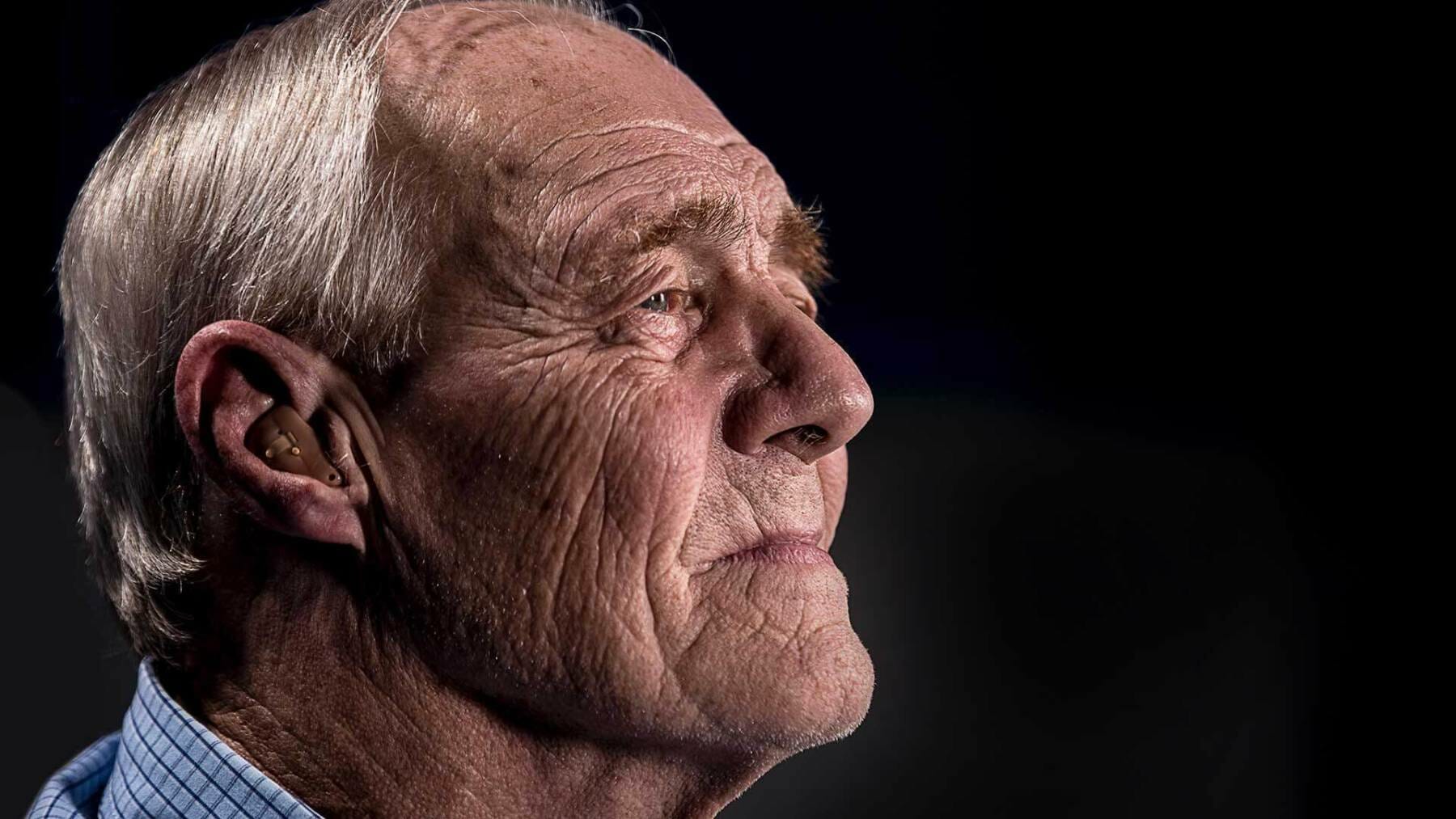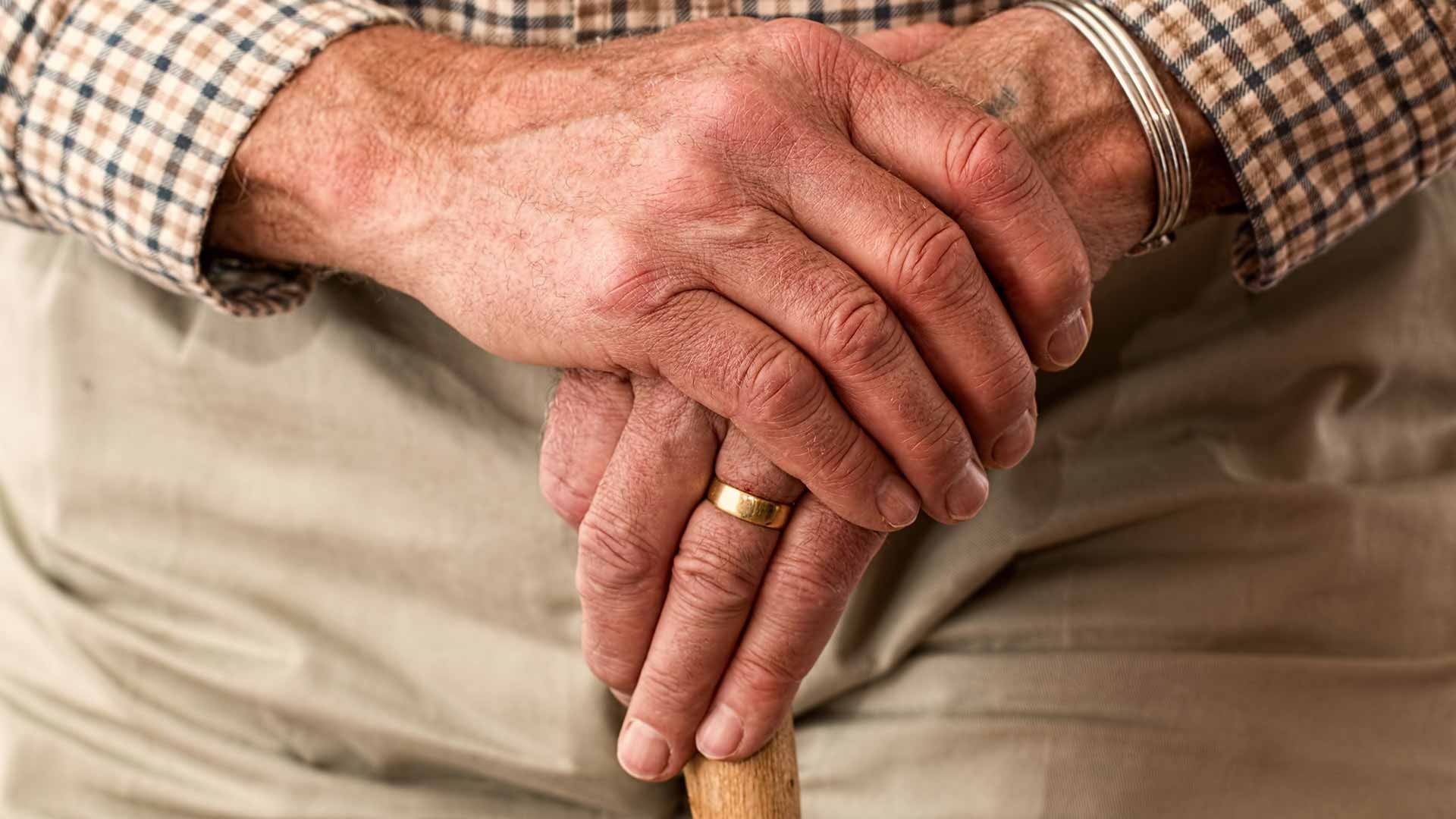Deciding to move an elderly loved one into a nursing home or retirement community can be a difficult decision, but it’s often the best way to ensure our relatives receive the care that they deserve. Unfortunately, the administrators and caretakers at these facilities don’t always provide the humane care our loved ones are entitled to. Tragically, this can result in our elderly relatives suffering nursing home neglect or even abuse.
If you believe that your loved one is being abused or neglected and have reported your concerns to the proper authorities, it is critical to contact an experienced Las Vegas nursing home abuse lawyer who can explain your legal options.
What is Elder Abuse?
Nevada law defines elder abuse as the intentional, knowing, or negligent act by any nursing home caregiver, or any other individual, that subjects a person 60 years of age or older to harm or the serious risk of harm. This type of conduct usually falls under one of five different categories, including:
- Abuse: the willful and unjustified infliction of pain, injury, mental distress, or the deprivation of food, clothing, shelter, or necessary services;
- Neglect: the failure, whether intentional or unintentional, of a nursing home to provide food, shelter, clothing, personal hygiene services, or medical care to its patients;
- Self-neglect: Not a crime, but includes the failure of elderly individuals to provide for their own needs as a result of an inability to do so;
- Exploitation: An attempt by someone in a trust-based relationship with an elderly person to control that person’s assets, funds, or property, or to attempt to permanently deprive the individual of those assets through intimidation, undue influence, or deception; and
- Isolation: intentionally preventing elderly individuals from receiving visitors, mail, or phone calls, unless medically or legally necessary, or using physical restraints to prevent visitation.
Nursing homes and caretakers found guilty of neglect and abuse can be held liable by the affected individual and their family members for related losses. Losses or damages may include medical expenses, lost wages, property loss, and pain and suffering.
Quality of Care
Nursing homes in Nevada must also provide a certain standard of care to their patients. This includes ensuring that patients and residents have 24-hour access to health services related to:
- Treatment;
- Medications;
- Diet; and
- Specialized healthcare.
As a part of these services, nursing homes must conduct comprehensive assessments of each patient. Based on those assessments, they must take steps to maintain each individual’s nutritional health, including protein levels and weight. Proper hydration must be maintained at all times through the supply of sufficient fluids, and if necessary, patients must be provided with a therapeutic diet.
Nursing homes must also employ at least one full-time registered nurse who is licensed by the state. All nursing homes in Nevada must also maintain programs for infection control and must take steps to ensure that patients don’t develop bed sores or pressure sores, unless such prevention is medically unavoidable.
These requirements mandate that nursing homes provide safe, comfortable, and sanitary environments for their charges to prevent the transmission and development of disease and infection.
Patient Plans of Care
Under Nevada law, nursing homes are required to provide patients and residents with comfortable, safe, and sanitary living conditions. This includes the right for each patient to receive a uniquely tailored comprehensive care plan with specific timetables and measurable objectives that will facilitate their treatment. These plans are only considered valid if they are prepared by an interdisciplinary team made up of:
- The patient’s physician;
- A registered nurse who is responsible for the patient’s care; and
- Any nursing home employees who provide services to the patient.
Patients are also encouraged to participate in creating their own plans and are permitted to include their legal representatives and relatives in the proceedings.
Elder Abuse Training
In 2011, Nevada lawmakers passed a law requiring new and existing licensed nursing homes, facilities that provide intermediate care, and other special care facilities to comply with elder abuse training requirements. Caretakers and other employees at these types of facilities must complete elder abuse training upon being hired and renew their training once a year.
FAQs About Nursing Home Neglect & Abuse
What are signs of nursing home abuse?
Family members of nursing home residents are strongly encouraged to keep an eye out for signs of physical, mental, verbal, or emotional abuse, which can take a number of forms, including:
- Unexplained weight loss or other evidence of malnutrition or dehydration;
- Dislocated joints, fractures, welts, or bruises;
- Unexplained injuries of any kind
- Restraint marks;
- Untreated bed sores;
- Unexplained depression or nervousness;
- Insomnia; or
- Incontinence
How to report nursing home abuse?
If you suspect elder neglect and abuse, report the care facility immediately. How to go about this will depend on your state and local laws and regulations. The best way to find out is to look up how to report nursing home abuse in your state and follow the guidelines for your local area. This may include contacting an elder law hotline or submitting a form on a government website.
How an attorney can help with elder abuse?
An experienced attorney can ensure that the criminals at the care facility will be held accountable for the damage they wrought on not only your loved ones, but others as well. An elder law attorney can also fight for your claim to monetary compensation for losses and emotional and physical damage. Contact Henness & Haight today to learn more about how we can help with elder abuse.
The Reality of Elder Abuse
Unfortunately, despite elder law, many nursing homes fail to provide an adequate standard of care to residents and patients. In fact, one congressional report estimated that around 30 percent of nursing homes in the nation received citations for violating either state or federal regulations over the course of two years. For this reason,
When evidence of nursing home neglect and abuse is collected and presented to a court, injured parties (or their loved ones operating on their behalf) could recover damages compensating them for medical expenses related to treatment, nursing home costs and fees, the loss of any valuable personal property, pain and suffering, and emotional distress.
Contact Our Las Vegas Nursing Home Abuse Legal Team
Although recovering monetary damages can never compensate a person for the abuse they endured at a nursing home, it can go a long way towards helping them start the road to recovery. To learn more about Nevada’s nursing home abuse laws and how they impact your loved one’s rights, please call (702) 805-HELP and schedule a free consultation with the experienced nursing home injury and elder abuse attorneys in Las Vegas at Henness & Haight today.
Related Blog Posts
What Should I Do if I Suspect Nursing Home Abuse?
Many people depend on nursing homes and assisted living facilities throughout Nevada to care for their elderly loved ones and
Elder Financial Abuse
When most people think of elder abuse, they think of physical or mental distress or injury. However, abuse can be
U.S. Court Temporarily Blocks End to Forced Arbitration in Nursing Homes
A federal ruling that would preserve the right for patients and their families to sue nursing homes and long-term care




